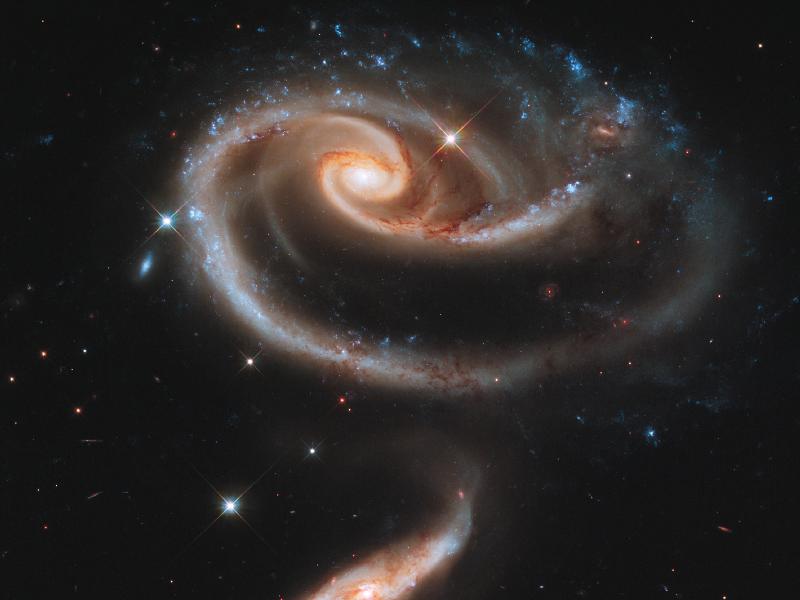Cell Reproduction
Cell Cycle & Cell Division
Q1. What are substage or phase of interphase of cell cycle.?
A: i) G1 phase : Increase in the volume of cytoplasm and number of cell organelles
ii) S Phase : Replication of DNA
iii) G2 Phase : Synthesis of RNAs and proteins required during cell division.
Q2. Why mitosis is called equational division and meiosis called reductional division.?
A:
Q3. Older people are more likely to develop cancer, but why.?
A: Cancerous cell develop when a cell loss their control on its division or made any mistake in such process. In older people, cell have already undergone more cell division, and they have more chance of error in the division mechanism.
Q4. Differentiate between intranuclear and extranuclear mitosis.?
A. In Internuclear mitosis, the membrane does not disappear and nuclear spindle is not found, and it occur in unicellular organism like Amoeba. Whereas in extranuclear nuclear envelope disappears and nuclear spindle is formed, and it occur in multicellular organisms.
Q5. Can there be DNA replication without cell division.?
A. In salivary gland cells of Drosophila, the chromosome are multistranded. This happens so because DNA replication is not followed by their separation because there is no cell division.
Q6. The number of chromosomes in onion cells is (8 pairs). What will be the number of chromosomes after three generations, if there is no meiosis at the time of gamete formation.?
A. 128 chromosomes or 64 pairs
Q7. What will be the number of chromosomes in a cell in which karyokinesis is completed but cytokinesis has not taken place ( Presume the number of chromosomes in the parent cell is 2n).
A. 4n
Q8. Mitochondria and plastids have their own DNA. What is known about their fate during nuclear division like mitosis.?
A. DNA of mitochondria and plastids does not divide along with nuclear division.
Q9. Describe the different phases of meiotic prophase I. Mention the chromosomal events during each stage.
A. During the prophase I, genetic recombination and variation in sexually reproducing entities takes place due to the events of this stage.
i) Leptotene
•Chromosomes are long, thin and slender
•Chromatin network exposes and threads appear clear
•The diploid number of chromosomes
ii) Zygotene
•Similar chromosomes turn intimately associated
•Synapse is exact hence pairing is not just between chromosomes, but corresponding individual units.
•Chromosomes appear thicker and shorter
iii) Pachynema
•Synaptic chromosomes become intimately related
•Thick and short pair of chromosomes
•Cross over occurs, Chiasmata visible clearly
iv) Diplotene
•Homologous chromosomes start detaching from each other.
•Chiasmata tends to shift away from chromosomes, termed as thermalization of chiasmata
•Chromosomes detach out, but it is an incomplete separation
•Nucleolus and nuclear membrane start to fade.
v) Diakinesis
•The bivalents are randomly distributed after further condensation
•The paired chromosomes separate completely
•Terminalisation of chiasmata is almost concluded
•The disappearance of the nucleolus and nuclear membrane
Q10. What is the difference between metaphase I and metaphase II of meiosis.?
A. In metaphase I, the centromeres of chromosomes are away from the equator while arms of homologous chromosomes are on the equator. In metaphase II, centromeres lies on the equator of spindle and arms are directed towards the poles as in mitosis.
Q11. What if the results when certain situations happened in mitosis.?
A. i) Nuclear membrane fail to disintegrate :- there will be no spindle formation and no metaphase and anaphase. As a result of DNA replication, DNA content of cell nucleus will be double and each chromosome will have two chromatids (This is called endoduplication).
ii) Duplication of DNA does not occur :- no mitosis
iii) Centromeres do not divide :- each chromosome will be formed of two chromatids but chromatids will not separate out as independent chromosomes. So, there will be no anaphase and telophase.
iv) Cytokinesis does not occur :- a cell with two nuclei will be formed.
Q12. Explain different stages of Mitosis and Meiosis.?
A.
-----------------------------
Contacts of PathMaker
Numbers - 8240042490, 9875616291
Social media -
https://www.facebook.com/PathMaker-112826467702117/
https://www.instagram.com/pathmaker06/












Comments
Post a Comment